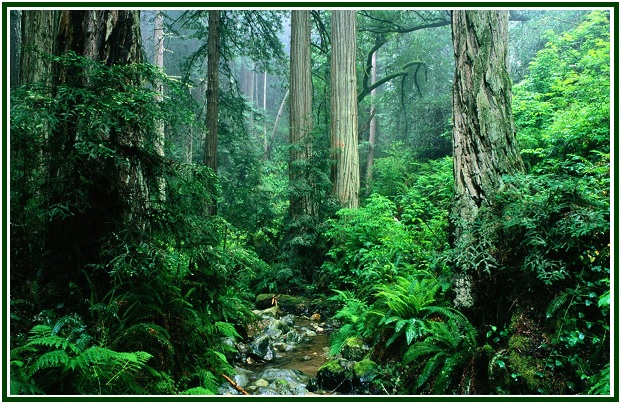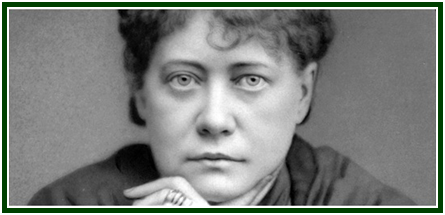
Since Time Immemorial the Forests Have Been
Sanctuaries and Chapels in Almost Every Nation
Carlos Cardoso Aveline

“Each time you read a book, a tree
smiles knowing there’s life after DEATH”.
* Life is largely a magnetic process. By concentrating one’s will-power, one gathers strength.
* If the pilgrim spends enough time in the search for that which is of supreme importance, the rest will take care of itself. The other aspects of life will spontaneously harmonize themselves.
* The pilgrim should choose and clarify his long-term goal. His main object ought to be selfless. Then two things must be avoided. The first one is wasting personal energy with short-term goals that do not serve (or that may harm) one’s long-term purpose. The other thing to abstain from is pursuing objects that are mutually contradictory.
* The choices of the pilgrim must be clear and their costs understood. Any time in daily life one can ask oneself: “What are the actual aims of my thinking process right now? Are they fully connected with that sort of silence whose foundation is pure awareness and inner vigilance?”
* As one’s awareness goes beyond thinking, right thought becomes possible, higher magnetism gets stronger, and the power of right intention expands.
* No spiritual pilgrim can keep the source of blessings in his consciousness stable by building an artificial wall to protect it from life. The source of peace will remain stable when a wide and large soul lives with detachment.
* By being independent from external facts, no outward conditions can control or dominate one’s life. The ultimate source of detachment is humility. Who are we, to dare wishing to control circumstances?
* Peace is the fundamental state of the soul. The foundation of wisdom is in being humble enough to avoid personal ambition.
* As we reconcile ourselves with the fact that we are personally unimportant, we find our inner meaning and greatest mission: the silent connection with that which has no name, that which is eternal and unlimited, and in which our true essence lives.
Patriotism and Karma
* A few Western theosophists seem to believe that patriotic feelings are a thing of the past. They behave as if no student of esoteric philosophy had reasons to love his country. This is not what the masters of the wisdom teach.
* On the other hand, what can one think about the future of a country caught in the intense crossfire of mutually hostile illusions, a country which has no clear project for a future, and apparently forgot that every nation is, above all, a community of souls?
* Referring to India and other nations, a Master of the Wisdom wrote:
* “…You know, as any man who has read history, that patriots may burst their hearts in vain if circumstances are against them. Sometimes, it has happened that no human power, not even the fury and force of the loftiest patriotism, has been able to bend an iron destiny aside from its fixed course, and nations have gone out like torches dropped into water in the engulfing blackness of ruin. Thus, we who have the sense of our country’s fall though not the power to lift her up at once, cannot do as we would either as to general affairs or this particular one.”[1]
* The main challenges faced by both individual nations and humanity as a whole are, in fact, long-term obstacles. This is why the above words, written in 1880, are prophetic to many a country in the 21st century. Realism shows us that the victory of ethics requires an unconditional patience. A moderate action is needed whose effectiveness flows in the long run.
If You Have Eyes to See
* A temple is any especially favourable place or space to experience sacredness, and to raise our consciousness to some level of divine perception.
* A forest can be a temple and since time immemorial woodlands have been sanctuaries and chapels in almost all nations.
* Both trees and sacred books are bridges to infinite life, and a wise adage says: “Each time you read a book, a tree smiles knowing there’s life after DEATH”.
* A small library with volumes on divine wisdom can form a temple in one’s home. The silently beneficial radiance of the aura of books about the sacred world transforms the vibration of one’s home.
* The physical substance of books stems from the trees. Like good books, the plants and trees that may surround us cast their protective and vitalizing influence on us.
* Whenever we have eyes to see, we perceive the presence of sacredness near us. The starry celestial vault at night is clearly the vault of nature’s great temple. The sky is reborn and rebuilt every day. Sunset and sunrise teach us lessons about the renewal of divine energy.
NOTE:
[1] From “First Letter of K.H. to Hume”, November 1880, published at “Combined Chronology for Use With ‘The Mahatma Letters to A.P. Sinnett’ and ‘The Letters of H.P. Blavatsky to A.P. Sinnett’”, by Margaret Conger, TUP, Pasadena, CA, USA, 1973, p. 29.
000
Print the texts you study from the associated websites. Reading on paper helps us attain a deeper view of philosophical texts. When studying a printed text, the reader can underline sentences and make handwritten comments in the margins that link the ideas to his personal reality.
000
The article “Thoughts Along the Road – 71” was published as an independent item in the associated websites on 20 July 2023. An initial version of it is part of the June 2021 edition of “The Aquarian Theosophist”, pp. 10-11. The text now includes the note “Patriotism and Karma”, which was written by the same author and whose first version is included in the June 2021 “Aquarian”, pp. 16-17.
000
Read more:
* Other writings of Carlos Cardoso Aveline.
000

Helena Blavatsky (photo) wrote these words: “Deserve, then desire”.
000